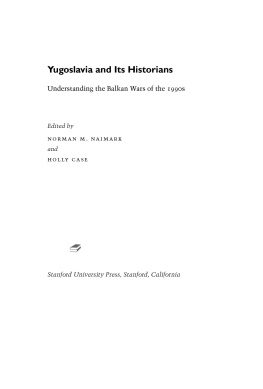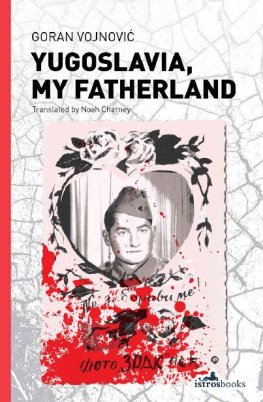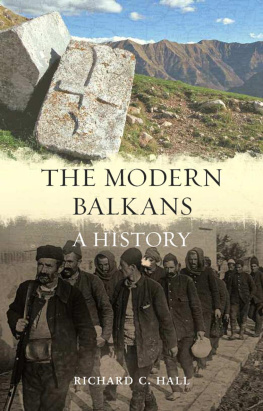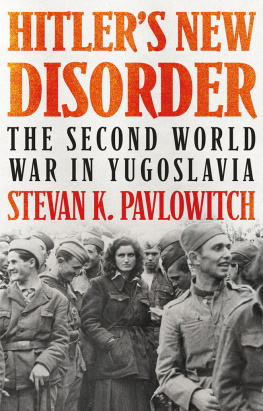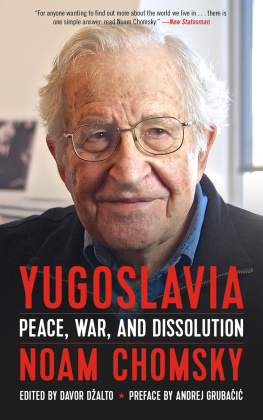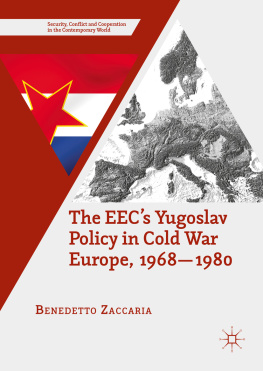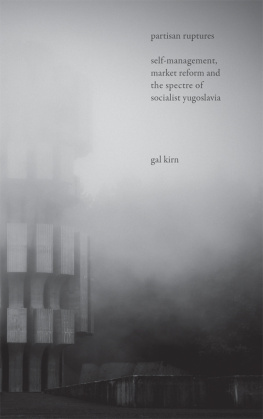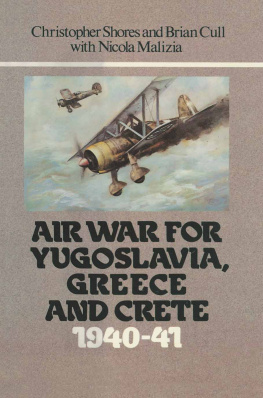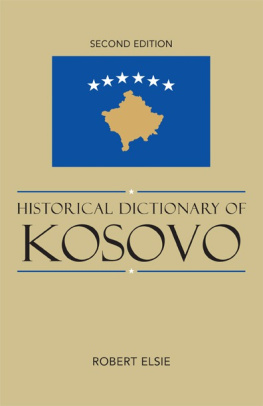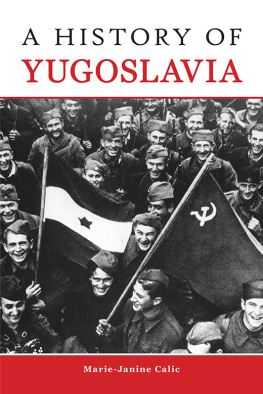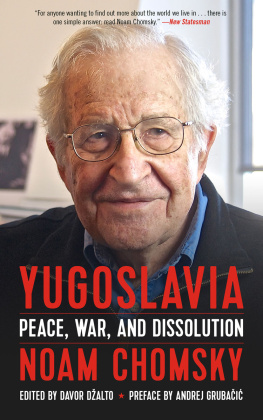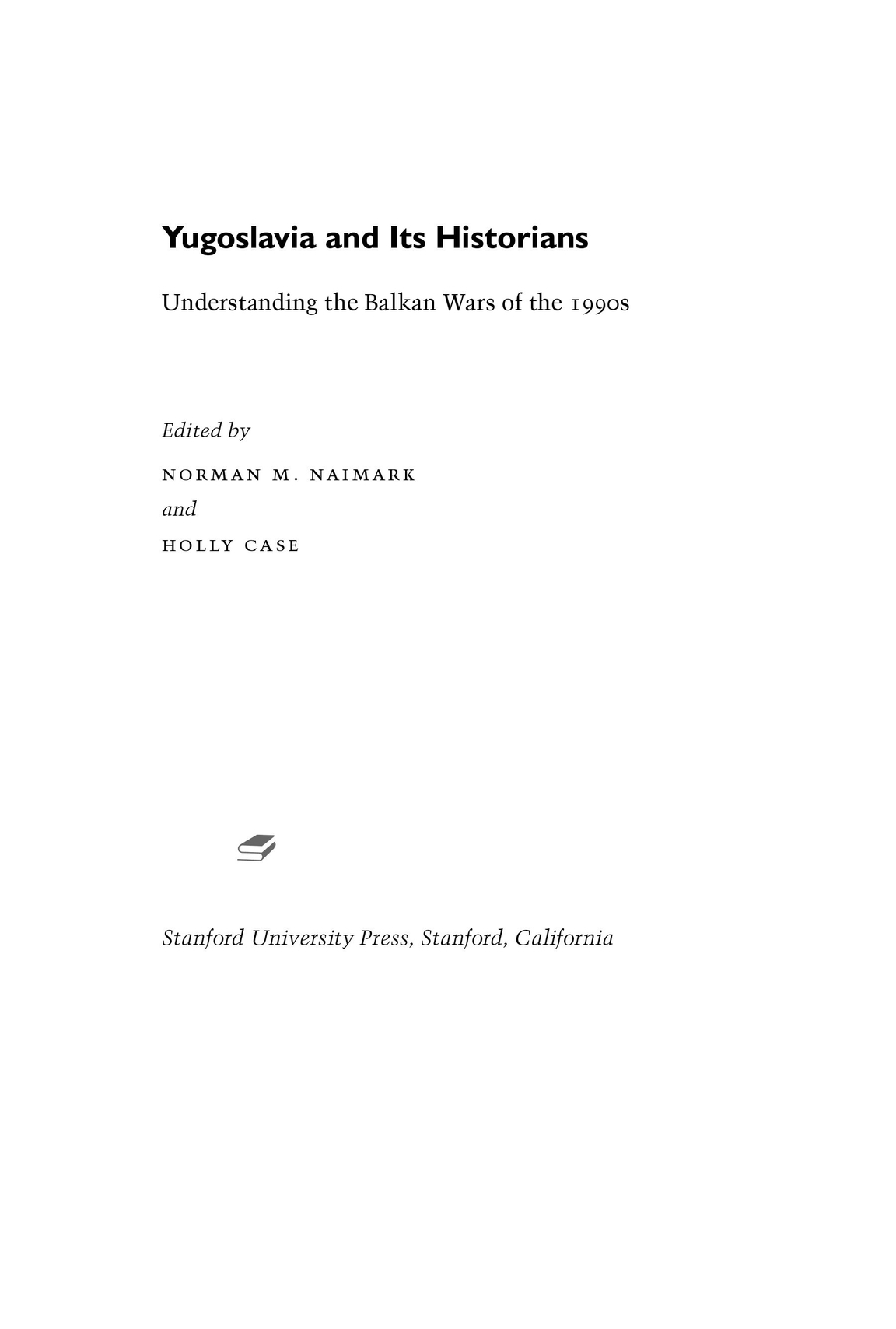Norman M. Naimark - Yugoslavia and Its Historians: Understanding the Balkan Wars of the 1990s
Here you can read online Norman M. Naimark - Yugoslavia and Its Historians: Understanding the Balkan Wars of the 1990s full text of the book (entire story) in english for free. Download pdf and epub, get meaning, cover and reviews about this ebook. year: 2003, publisher: Stanford University Press, genre: Politics. Description of the work, (preface) as well as reviews are available. Best literature library LitArk.com created for fans of good reading and offers a wide selection of genres:
Romance novel
Science fiction
Adventure
Detective
Science
History
Home and family
Prose
Art
Politics
Computer
Non-fiction
Religion
Business
Children
Humor
Choose a favorite category and find really read worthwhile books. Enjoy immersion in the world of imagination, feel the emotions of the characters or learn something new for yourself, make an fascinating discovery.
- Book:Yugoslavia and Its Historians: Understanding the Balkan Wars of the 1990s
- Author:
- Publisher:Stanford University Press
- Genre:
- Year:2003
- Rating:5 / 5
- Favourites:Add to favourites
- Your mark:
Yugoslavia and Its Historians: Understanding the Balkan Wars of the 1990s: summary, description and annotation
We offer to read an annotation, description, summary or preface (depends on what the author of the book "Yugoslavia and Its Historians: Understanding the Balkan Wars of the 1990s" wrote himself). If you haven't found the necessary information about the book — write in the comments, we will try to find it.
The goal of this volume is to bring together insights from a distinguished group of American and European scholars of Yugoslavia to add depth to our historical understanding of that countrys recent struggles. The first part of the volume examines the ways in which images of the Yugoslav past have shaped current understandings of the region. The second part deals more directly with the events of the recent past and also looks forward to some of the problems and future prospects for Yugoslavias successor states.
Norman M. Naimark: author's other books
Who wrote Yugoslavia and Its Historians: Understanding the Balkan Wars of the 1990s? Find out the surname, the name of the author of the book and a list of all author's works by series.

